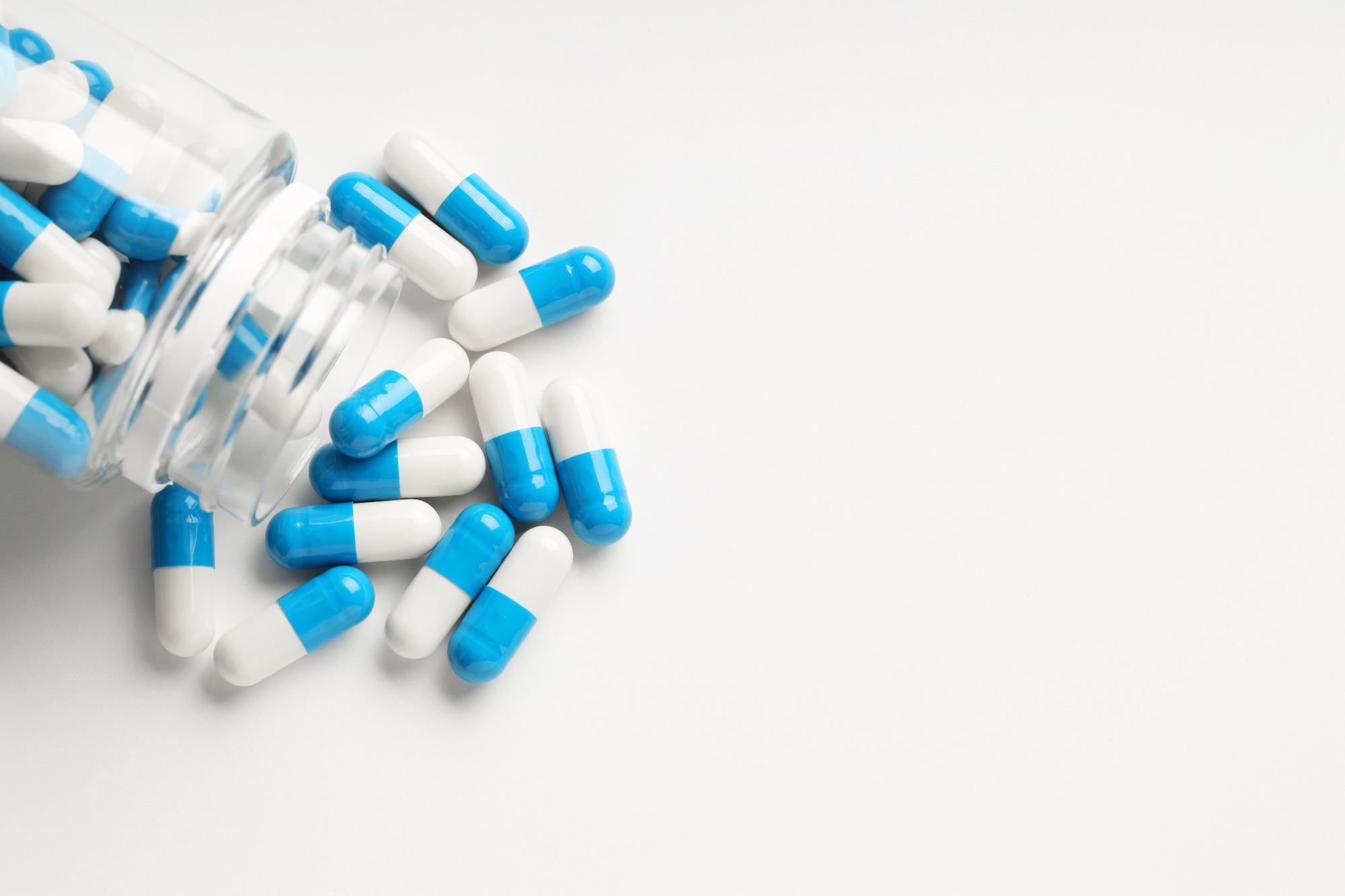Girls given antibiotics as newborns are more likely to hit puberty early, especially with multiple types of antibiotics. This large-scale study raises red flags about overuse of antibiotics in infancy and its long-term effects on hormonal development.
 Image Credit: New Africa / Shutterstock
Image Credit: New Africa / Shutterstock
Girls given antibiotics during their first year of life, especially in the first three months, are more likely to enter puberty at an earlier age, according to research presented at the first Joint Congress between the European Society of Paediatric Endocrinology (ESPE) and the European Society of Endocrinology (ESE). The likelihood of early puberty was also higher among those exposed to a greater variety of antibiotic classes. The findings highlight the importance of appropriately using these medicines in infants and how early-life drug exposure could shape future health outcomes.
Early puberty, also known as central precocious puberty (CPP), is a condition characterised by the early onset of secondary sexual development in children. In girls, this means before age eight and, in boys, before age 9. Early puberty mainly affects girls and often has no apparent cause, while it is less common in boys. Over the past few decades, early puberty has been on the rise, and researchers are continuously investigating the potential contributing factors.
In this study, researchers from Hanyang University Guri Hospital and Hanyang University Medical Center analysed data on the antibiotic intake of 322,731 children, aged 0–12 months, in South Korea. They followed these children until the girls turned 9 years old and the boys were 10, and found that girls who were prescribed antibiotics before 3 months of age were 33% more likely to start puberty early. The risk was 40% higher in girls who received antibiotics before 14 days of age, and overall, the earlier the antibiotic exposure, the greater the risk of early puberty. Additionally, girls who used five or more classes of antibiotics had a 22% increased risk of early puberty compared to those who used two or fewer classes. No association was found between antibiotic intake and early puberty in boys.
"This population-based study is one of the first to explore this association between early-life antibiotic use, including the timing, frequency and number of classes, and in such a large national cohort of children," said Dr Yunsoo Choe at Hanyang University Guri Hospital in South Korea, who was involved in the study.
Dr Choe added, "In our earlier research, we found that exclusive breastfeeding was associated with a lower risk of central precocious puberty (CPP), supporting the idea that early-life factors affecting the gut microbiome or endocrine-metabolic pathways may influence pubertal development. The current study builds on this by examining antibiotic exposure as a possible modifier of pubertal timing, using a much larger population and more detailed exposure data."
"Our results may encourage doctors and parents to consider the long-term effects of antibiotics when making treatment decisions for young children," said Dr Choe.
Next, the researchers will explore how early antibiotic use may affect pubertal development and whether repeated or long-term intake during childhood is associated with other aspects of growth, metabolism, or endocrine health. "Our study adds to growing concerns about how antibiotics given in infancy could affect children's long-term development - possibly by altering the gut microbiome or hormonal balance - but the reasons behind it are still unclear," said Dr Choe.
"Understanding these biological mechanisms may help guide safer antibiotic use and inform early-life care strategies for children," she concluded.